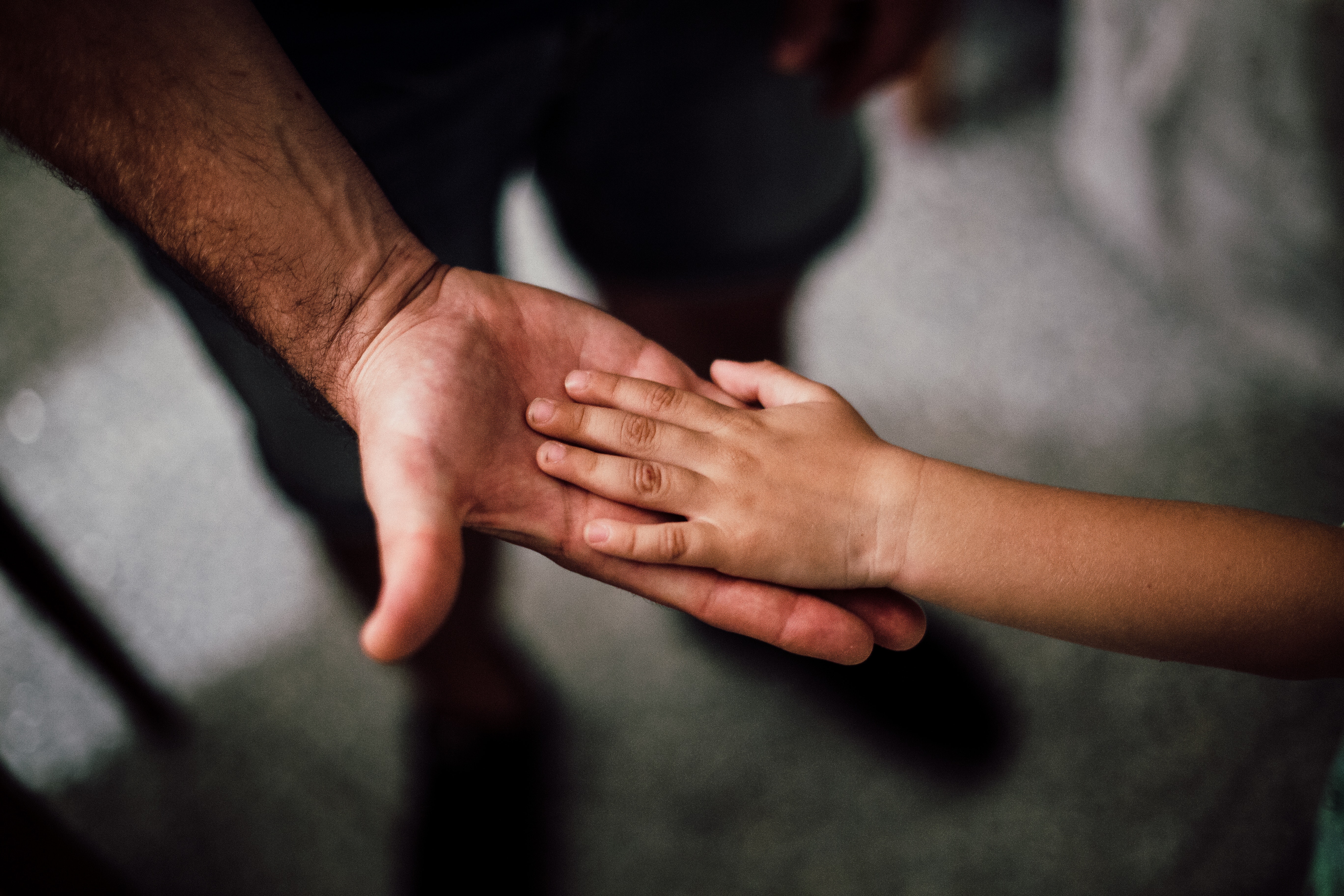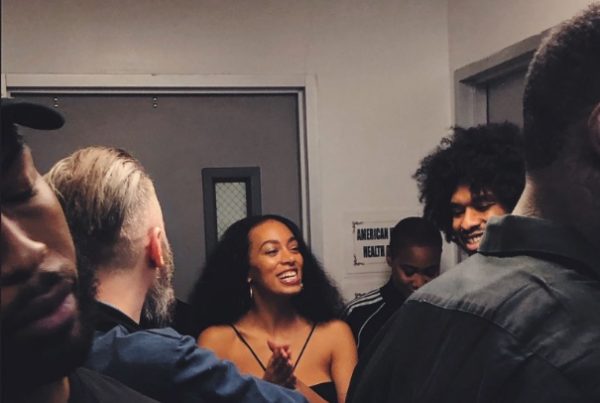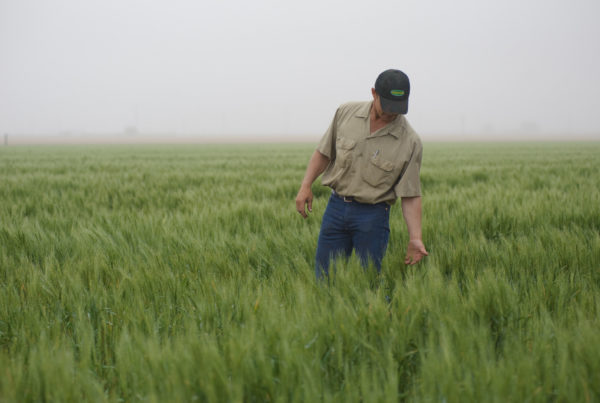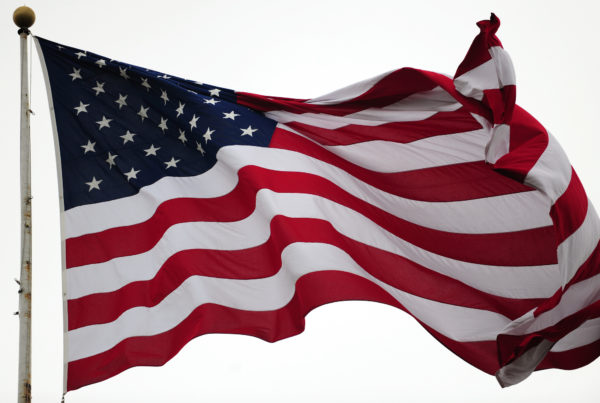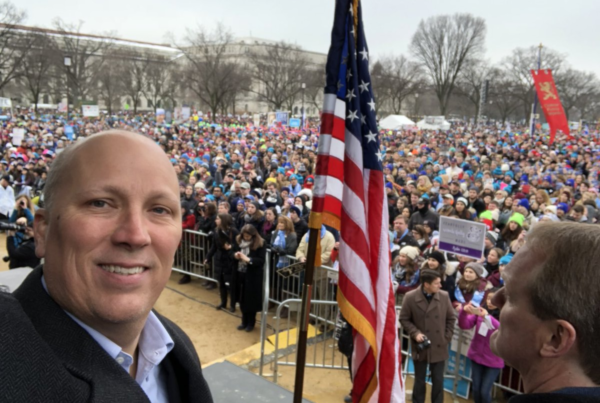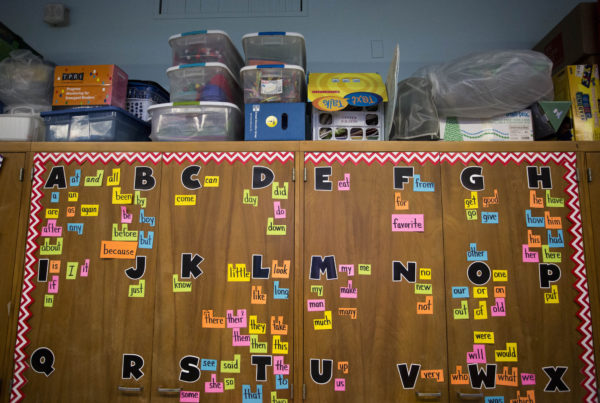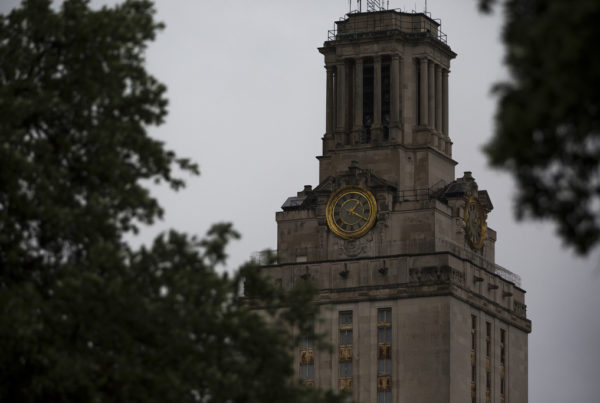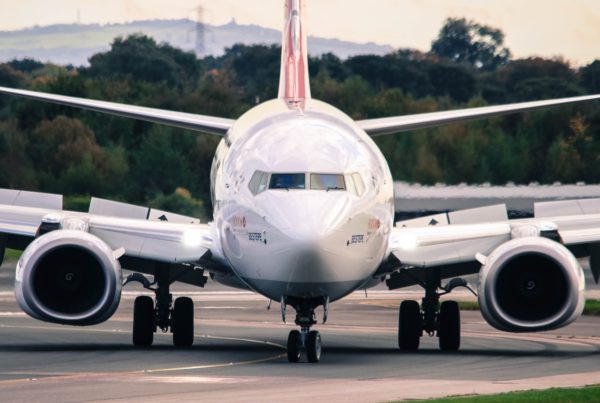Texas and two other states are challenging a law that aims to keep adopted Native American children within Native American communities.
The Indian Child Welfare Act has been in place for over 40 years and mandates Native American families be first in line to adopt Native American children. But a lawsuit, spearheaded by a couple in Texas, claims the law is unconstitutional because it is racially motivated. A federal judge in Texas has sided with the plaintiffs, and the 5th U.S. Circuit Court of Appeals will hear the case Wednesday.
Felicia Fonseca, who covers Native American tribes for the Associated Press, says the original law was put in place to protect children from forced assimilation.
“The law was intended to [curb] the high number of Native American children that were being removed from their families by public and private agencies,” Fonseca says. “They were being placed with mostly white families who tried to assimilate them into mainstream culture.”
Fonseca says the vast majority of Native Americans support the law.
“There are hundreds of tribes across the nation that are urging the judge today to uphold this law,” Fonseca says. “They say these children are best raised within their own communities so that they don’t lose their identities later in life.”
Opponents of the law cite racial motivation and claim that it violates the Constitution. The plaintiffs, Chad and Jennifer Brackeen, are attempting to adopt a child they had fostered who is eligible for enrollment in the Navajo and Cherokee Nations.
The relationship between tribes and the federal government has always been politically charged. Fonseca says even a small step like a federal appeals court upholding the decision in the lawsuit could lead to major changes to an already tenuous relationship.
“Tribes and tribal advocates say if this panel upholds the previous ruling, it could lead to even more disastrous consequences in Indian Country,” Fonseca says. “Agencies of the federal government might look at what’s the basis of the relationship with Indian Country and re-examine that as well.”
Written By Sol Chase.


